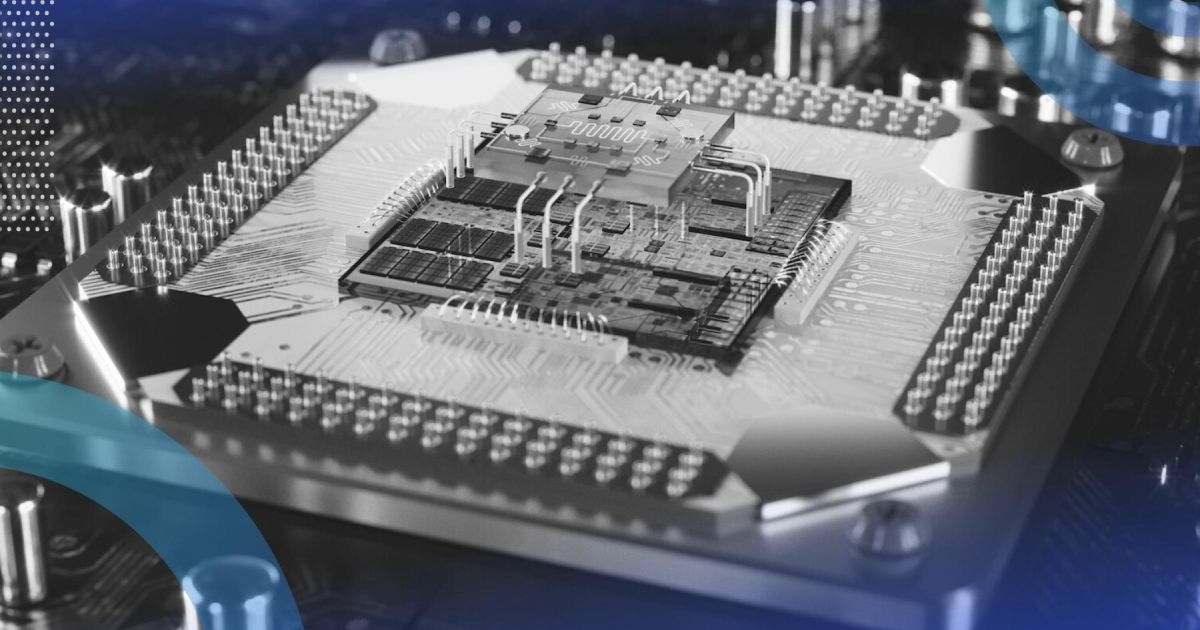Revolution Quantum Generational quantum technology is a field that is experiencing rapid development in the world of science and technology. Unlike conventional computing, quantum technology uses the principles of quantum mechanics to process and manipulate information.
In recent years. Advances in quantum technology have opened a window towards a computing revolution capable of solving problems that are difficult to solve with conventional computers.
Fundamentals of Quantum Technology
Basically, quantum technology takes advantage of quantum mechanical phenomena, such as superposition and entanglement. To process information in a much more efficient way than conventional computing. The subatomic particles known as qubits are the basic unit of quantum computing. Kubits can exist in a superposition state that allows parallel processing of information. Opening the door to much faster and more complex computations.
Quantum Supremacy: Testing the Limits of Conventional Computing
One of the important milestones in the development of quantum technology is the achievement of quantum supremacy. Quantum supremacy occurs when a quantum computer is able to complete certain tasks that cannot be complete in a reasonable amount of time by the fastest conventional computers.
In 2019, Google reported achieving quantum supremacy by completing a task in 200 seconds that is expecte to take the fastest conventional computers around 10,000 years. This shows the great potential of quantum technology in solving difficult and complex problems.
The Broad Potential of Quantum Technology in Various Fields
Quantum technology has not only had an impact on the field of computing, but also has great potential in many other fields. For example, in the field of security. Quantum technology can provide higher security with quantum encryption that is impenetrable by conventional computers.
In materials science, quantum technology can be use to design and model new materials with unique properties. In the pharmaceutical field, quantum technology can accelerate drug discovery through accurate molecular simulations. The potential applications of quantum technology are very broad and are still being explore.
Major Achievements in Generational Quantum Technology
Some of the major achievements in next-generation quantum technology include the development of a quantum computer with a larger number of qubits and higher stability. Researchers have also succeede in developing qubits that are more robust and able to maintain a state of superposition and entanglement for a longer time. In addition. Quantum algorithms are also being developed to take full advantage of the potential of quantum computing.
Bridging the Gap Between Disciplines in the Development of Quantum Technology
The development of quantum technology involves multiple disciplines, including quantum physics, materials science, mathematics, and engineering. To drive progress in quantum technology, collaboration between researchers from different disciplines is essential. Fundamental research in quantum physics must be integrated with innovative materials and engineering development to deliver more advanced quantum technologies.
Challenges in Developing and Adopting Quantum Technology
Despite its great potential, quantum technology also faces several challenges that need to be overcome. One of them is the problem of quantum errors caused by interference from the surrounding environment that can destroy fragile quantum states. In addition, scalability is also a challenge, namely the ability to develop a quantum system with a larger number of qubits. In addition to technical challenges, regulatory and security aspects also need to be considered in the development of quantum technology.
The Future of Quantum Technology: Changing the Computing Landscape
The future of quantum technology is very promising. As the capabilities of quantum computing continue to develop, it will become possible to solve complex problems in fields such as optimization, materials research and artificial intelligence. Quantum technology also has the potential to men
acceleration of innovation in various sectors, such as finance, transportation, and health. In the coming decades, quantum technology could fundamentally change the computing landscape, opening the door to more efficient and revolutionary solutions.
Overall, next-generation quantum technologies are undergoing exciting developments and have great potential in bringing about a computing revolution. With much faster and more complex computational capabilities, quantum technology can solve difficult problems that cannot be solve by conventional computers. Although there are still challenges that nee to be overcome, the future of quantum technology is promising and will open the door to major advances in various fields of science and technology.

